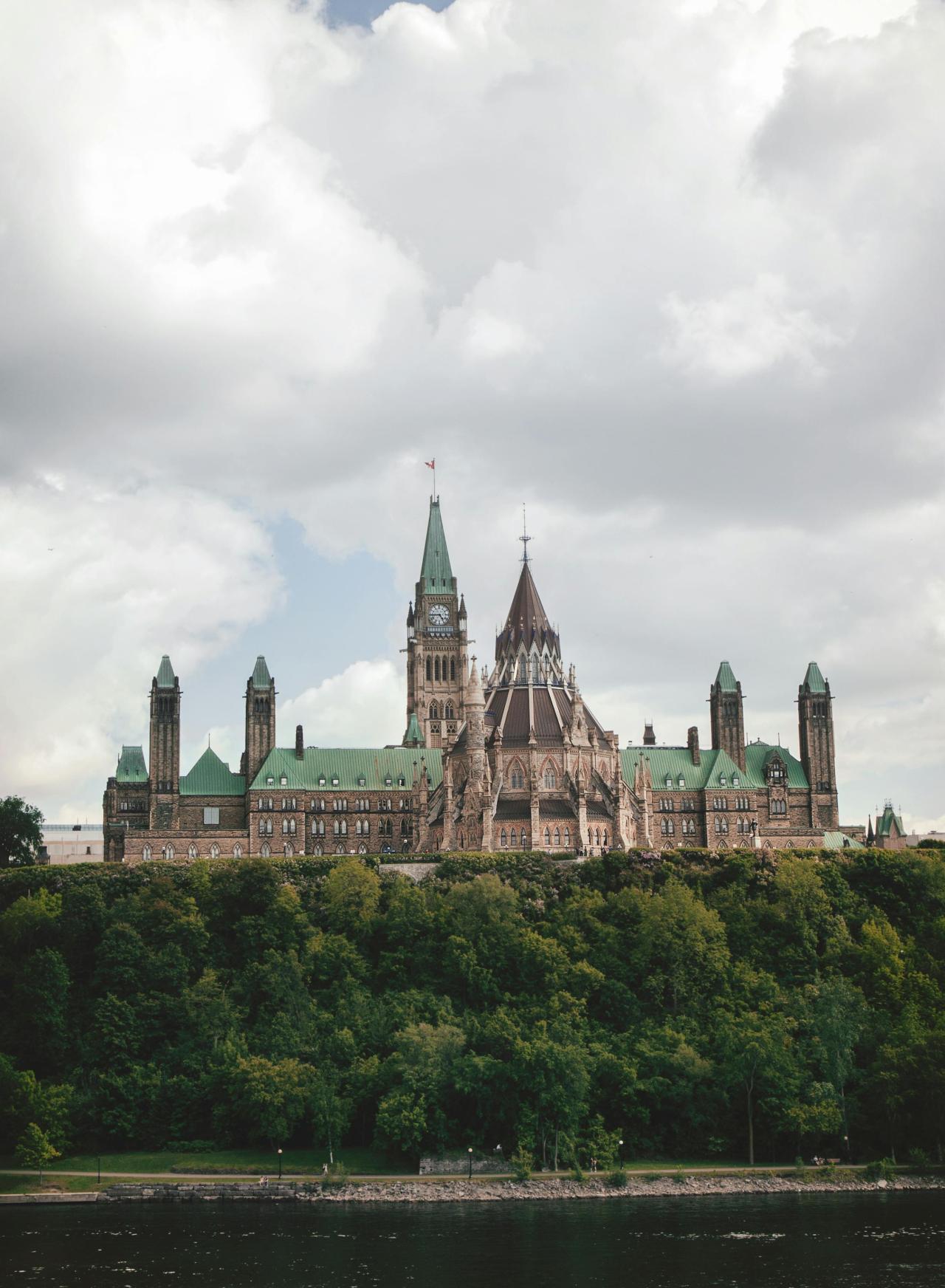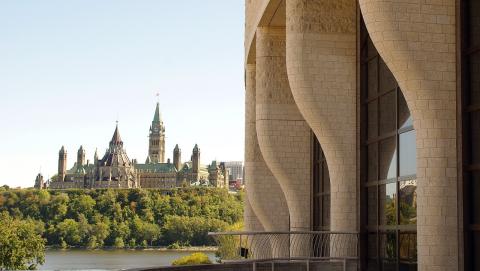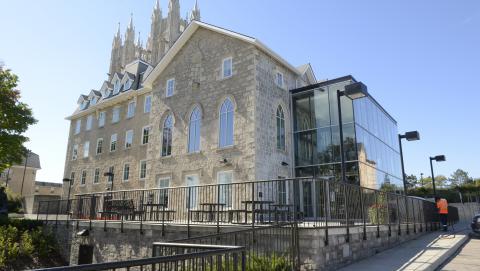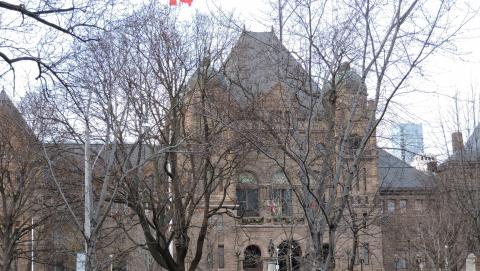
2025 Federal Budget Focuses on Infrastructure and Responding to Ongoing Trade Uncertainty
Top Insights
- This budget marks a shift from operational to capital spending. While significant (over $50B) deficits are planned for the next five years, this is projected to be entirely driven by capital spending by 2028-29.
- The budget includes a significant federal infrastructure investment through the Build Communities Strong Fund, which will provide $51B over ten years and include a $5B Health Infrastructure Fund. AMO will be working to ensure Ontario municipalities can access these new infrastructure investments without simply trading them for development charge reductions.
- Previously announced Build Canada Homes investments of $13B over five years will support non-market and factory-built housing.
- Note: Yesterday, AMO posted a policy update to our website covering 2026 Ontario Municipal Partnership Fund allocations, Building Faster Fund advocacy, Bill 30’s fast-tracking, development charge changes and resources, and the legislated ban municipal speed cameras.
2025 Federal Budget
Infrastructure and Development Charges
AMO has long called for infrastructure investments to support growth, build more homes, and provide economic stimulus in the face of the trade dispute with the United States and global economic uncertainty.
- Budget 2025 commits to launch a new Build Communities Strong Fund for infrastructure with $51 billion over 10 years starting in 2026-27, including previously committed Canada Community Building Fund (CCBF) funding.
- The Build Communities Strong Fund will comprise three streams:
- A $17.2 billion Provincial and Territorial Stream for housing-enabling infrastructure, infrastructure for college/universities, and health infrastructure ($5B over three years has been earmarked for this purpose).
- A $6 billion Direct Delivery Stream to support regionally significant projects with private investment, large building retrofits, climate adaptation, and community infrastructure.
- A $27.8 billion Community Stream which is a rebrand of committed CCBF funding.
- To access the provincial-territorial funding stream, provinces will need to provide cost-match funding, substantially reduce development charges, and not levy other taxes that hinder the housing supply.
- AMO will continue to work with the province to modernize the development charge system and advocate for long-term and predictable infrastructure funding to replace any revenue lost from development charge reductions.
Trade & Tariff Response
Ontario municipalities have been strong partners in responding to the ongoing trade and tariff uncertainty and have faced significant cost escalation related to US tariffs. The Budget does not include any direct funding to support communities, but includes a number of infrastructure, innovation and business-focused investments:
- Introduction of a Buy Canadian Policy for federal procurement that will prioritize Canadian suppliers and inputs, require local contracts for federal procurement, and support small and medium businesses.
- Commits $213.8 million over five years for the Major Projects Office and outlines projects including a critical minerals strategy, and reducing timelines to start construction on the Alto Rail Project by half.
- The Budget outlines plans for the Major Projects Office to co-ordinate financing from the private sector and provincial governments and Crown corporations to support projects.
- An additional $2 billion over five years is proposed to create a Critical Minerals Sovereign Fund to make investments in critical mineral projects and companies.
- The Canada Infrastructure Bank’s statutory capital envelope will increase from $35 billion to $45 billion.
- Proposes $925.6 million over five years to support a public AI infrastructure project that will increase the availability of domestic capacity for public and private research.
- Commits to $97 million over five years to improve recognition of foreign credentials with a focus on health and construction sectors to help address labour shortages.
- Introduces a Strategic Response Fund of $5 billion over six years to help businesses impacted by tariffs to adapt, and additional industry specific investments for sectors including agriculture, biofuel, forestry, and steel manufacturing.
Affordable Housing and Homelessness
AMO has long advocated for substantial provincial and federal investment in deeply affordable housing in order to re-orient our homelessness response to long-term and stable housing. While details about ongoing funding for critical homelessness programs like Reaching Home remain unclear, the government has affirmed its commitment around Build Canada Homes.
- As previously announced, Budget 2025 provides an initial investment of $13 billion over five years starting in 2025-26 to launch Build Canada Homes with initial investments including:
- Developing six public land sites to build 4,000 factory-built homes, with additional capacity of up to 45,000 units across Canada Lands Company’s portfolio.
- Protecting existing affordable housing by launching the $1.5 billion Canada Rental Protection Fund.
- Providing $1 billion to build transitional and supportive housing for people who are homeless or at risk of homelessness.
Child Care and Early Learning
Negotiations between the province and federal government on the next Canada-Wide Early Learning and Child Care (CWELCC) transfer are ongoing. The budget does not provide an update on provincial agreements but does commit to keep and grow the program.
- Budget 2025 provides an increase in Canada-wide early learning and child care transfer payments to provinces and territories from $7.9 billion in 2025-26 to $8.5 billion in 2029-30, reflecting 3 per cent per year growth for four years starting in 2027-28.
National School Food Program
AMO has advocated for investments in school food programs to respond to the growing food insecurity challenges faced in communities across Ontario.
- Budget 2025 proposes to introduce legislation to make the National School Food Program permanent and provide $216.6 million per year, starting in 2029-30, to Employment and Social Development Canada, Indigenous Services Canada, and Crown-Indigenous Relations and Northern Affairs Canada for the program.
Indigenous Relations
AMO welcomes the federal government’s commitment to prioritizing investment in infrastructure that will support Indigenous Peoples and communities as action towards Economic Reconciliation. Significant announcements include:
- The Major Projects Office will be considering whether a project will advance the interests of Indigenous Peoples as part of their criteria for selected projects. In addition to previously announced commitments to support consultation, the federal government has committed to upholding Section 35 and the Duty to Consult, as well as implementing the United Nations Declaration on the Rights of Indigenous Peoples, including free, prior, and informed consent as part of the work of the Major Projects Office.
- Providing $2.3 billion over three years, starting in 2026-27 to renew the First Nations Water and Wastewater Enhanced Program, maintaining progress on approximately 800 active projects.
- Increasing the Canada Infrastructure Bank’s target for investment in Indigenous infrastructure from $1 billion to at least $3 billion across priority sectors.
Additional Non-Budget Advocacy
On Tuesday, AMO released a Policy Update on their website covering a range of pressing municipal issues unrelated to the Federal Budget. Top insights included:
- Allocations for the Ontario Municipal Partnership Fund (OMPF) have been released.
- AMO provided the province with Board-advice to improve the Building Faster Fund by fixing housing start targets and tying funding to municipally determined, locally-specific reforms that create better conditions for homebuilding.
- Bill 30 was fast-tracked, bypassing public consultation. The bill proposes giving Skills Development Fund Capital Stream recipients exemptions from the Planning Act and potentially the Municipal Act.
- AMO advocacy and new municipal resources supporting implementation of development charge modernization changes, including the payment deferral that came into force.
- Legislation prohibiting automated speed enforcement receives Royal Assent.



